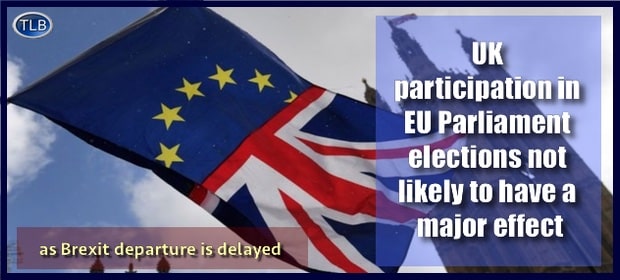
How Britain would vote in the European election
Results would be less destabilizing than many fear.

Would voters in the U.K. even turn up for the European Parliament elections even if they had to be held? | Dave Thompson/Getty Images


Would voters in the U.K. even turn up for the European Parliament elections even if they had to be held? | Dave Thompson/Getty Images
Copyright © 2012 - 2024 | TLB Project™ LLC